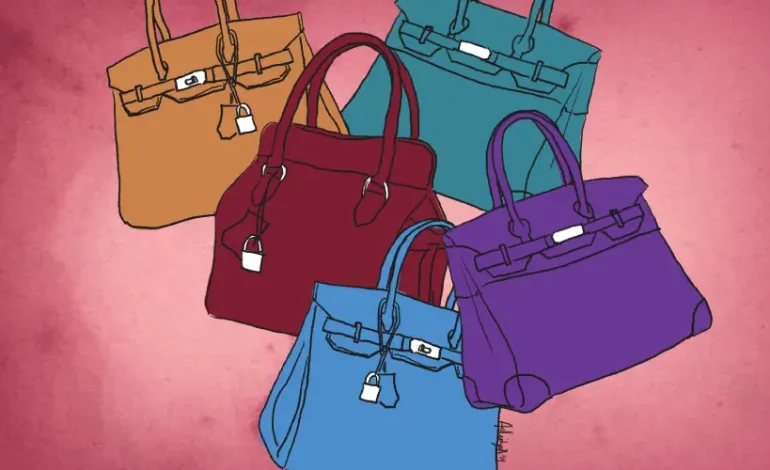Social Justice in the Age of Instagram

A stark contrast can be drawn between news reports about rock star/environmental activist Sting and local personalities in The Philippines associated with the pork barrel scam.
A British newspaper had published an interview where Sting declared that his children are not inheriting his £180 million (US$234.7 million) fortune.
“I certainly don’t want to leave them trust funds that are albatrosses around their necks,” he said. “They have to work. All my kids know that and they rarely ask me for anything.”
The 9th richest British musician has recently placed their huge London townhouse in the market, realizing that such place has become “too big” as his children have moved out.
Around the same time, Instagram posts of Jolo Estrada documenting his lavish lifestyle have gone viral. The son of a Filipino senator facing plunder charges has been criticized for showing off a handful of casino chips, a pair of Louis Vuitton loafers, and a $2,087/night Presidential Suite, among others.
The social media frenzy against these posts, presumably, is related to a series of infuriating photos posted online, including Jeane Napoles and her birthday party, and, if we were to look back a few years ago, Tim Garcia – the son of a military comptroller accused of amassing up to $6.3 million – who is known for his head-to-toe outfits composed of Hermes, Cartier, YSL and McQueen.
These seemingly unconnected news items strike me as interesting contrasts of perspectives towards wealth, luxury and privilege. While a musical icon is adamant that his children will inherit nothing from his vast fortunes, corruption scandals in the Philippines have exposed us to kids who seem to have taken everything they can from their parents.
This, for me, poses important ethical questions about how we view affluence, what today is considered excessive and how one can justify astonishingly luxurious lifestyles in a world where one person dies of hunger every four seconds.
A culture of consumption
A common argument I hear comes from a liberal tradition, which affirms a person’s right to flaunt wealth as long as it is earned through legal means and no one is being hurt in the process.

This, I reckon, is the reason behind the outrage for Jeane, Tim and Jolo’s lifestyles, considering their wealth are suspected to be ill-gotten and the Filipino taxpayers are being hurt. On the other hand, citizens who accumulate their fortunes through legal means can post selfies with their dogs wearing Burberry collars without public censure because they worked hard for it.
This ethical position is plausible but it makes me uncomfortable. I find this moral calculation rather limited because of its narrow focus on the individual, instead of reflecting on what these seemingly innocent acts of conspicuous consumption do to society at large.
The era of Instagram has habituated us to see photos of friends and colleagues posing with their $2,000 bags. Every day, we see images that broaden the boundaries of what is excessive, so much so that 3-year-old kids owning a 64 GB iPad do not shock us anymore. These trends appear innocuous. However, if we take a step back, it is easy to realize that we have been engulfed in a world where the Tumblr site Rich Kids of Instagram has become a new badge of honor to those who made it and aspirational to those who can’t.
We have been complicit to a culture that normalizes excess, the same culture that has pushed bankers to reckless behavior that caused the financial crisis, and, indeed, politicians to steal public funds to keep up with the Joneses (or Kardashians?).
This is not to say that corrupt politicians and their children are not accountable for their actions. Rather, I wish to underscore that their perceivably excessive behavior is enabled by a broader context where it has become usual to live beyond one’s means and desire to accumulate more wealth, as if things are never enough.
Next generation
Recently, a friend shared to me that it is now common for children enrolled in exclusive schools to bring celebrity chef catered meals during school gatherings. What was meant to be events of solidarity among teachers, students and staff have now evolved to become spectacles of the most lavish kiddie meals money can buy.
I could not help but compare this to my experience when I was in grade school, where we were prohibited from wearing designer clothes and using Lisa Frank trapper keepers because the school wanted to promote simplicity among students. At that time, I judged this to be a fascist attempt by nuns to curtail our freedoms.
But now I realize that this policy was rather progressive because it discouraged (and sometimes punished) us from acting like mindless drones bent on using disproportionately priced laminated folders with unicorn prints to conform and look cool. I can only hope that schools today can continue to be spaces for children to imagine what is cool outside the paradigm of fetishized items and inspire students to express creativity in more meaningful ways.
I am concerned that without putting a break on trends of conspicuous hyper-consumption, we end up with a generation with poor abilities to think beyond the self and develop skills for empathy and care for others. A Harvard study provides disturbing empirical findings affirming this trend, where 80 percent of the youth consider high achievement or happiness as most important virtue while only 20 percent picked caring for others.
This is precisely the social context that perpetuates societal ills like greed and a sense of entitlement, as habits of self-indulgence are cultivated over norms of empathy and other-regarding behavior.
Another study suggests that today’s habits of cultural narcissism have resulted in thinking in terms of immediate expectations, which, in turn lead to exaggerated risk-taking and deception. Brazen corruption, I surmise, is one of the main outcomes of this trend.
This brings me back to Sting. His decision not to pass on his wealth to his children is admirable, a breath of fresh air in a world suffocated by desires of wealth accumulation for personal or familial gain. While the precise details of how this decision would be executed remains to be seen, I take this news as one that provokes insight on the kind of society we have, and why a rich man giving up his wealth appears counter-intuitive to the actions of wealthy people today.
Let the pork controversy be a moment for us to reflect on our values as a society – the values that drive politicians to desire ridiculous amounts of money.
Nicole Curato is a sociologist from the University of the Philippines. She is currently based in Canberra for her post-doctoral research fellowship at the Centre for Deliberative Democracy and Global Governance. She spends lots of time in Net-A-Porter and, so far, has been successful in not clicking the checkout button.
This story was first published in Rappler.com, a Manila-based social news network where stories inspire community engagement and digitally fuelled actions for social change.






















